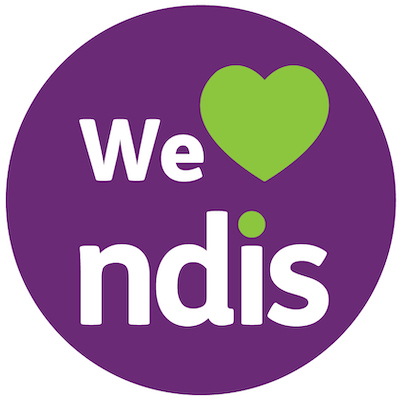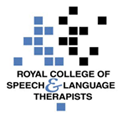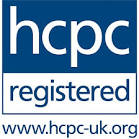Speech and Communication Therapy for Clients with Autism Spectrum Disorder
Australia Wide

Welcome to Perth Adult Speech Pathology, where we are dedicated to providing comprehensive speech and communication therapy tailored to meet the unique needs of adults with Autism Spectrum Disorder (ASD). Our Speech Pathologists adopt a person-centered approach to therapy, recognising the individuality of each client. Our experienced speech pathologists work closely with clients and their families to develop customised therapy plans that address specific needs and goals.
Autism Spectrum Disorder (ASD) is a developmental condition that affects communication, behavior, and social interactions. Each individual with ASD experiences unique challenges and strengths, making personalised therapy essential for effective support and improvement.
Our services include:
- Individual Therapy Sessions: One-on-one sessions tailored to the client’s unique challenges and strengths.
- Group Therapy Sessions: Facilitated group interactions to practice social skills in a supportive environment.
- Teletherapy: Convenient online sessions for clients who prefer or require remote therapy options.
Get Started Today
If you or a loved one could benefit from speech and communication therapy for Autism Spectrum Disorder, we invite you to reach out to us. Our team is here to support you on your journey to improved communication and a better quality of life.
For more information or to schedule an appointment, please contact us today.

We are members of….









